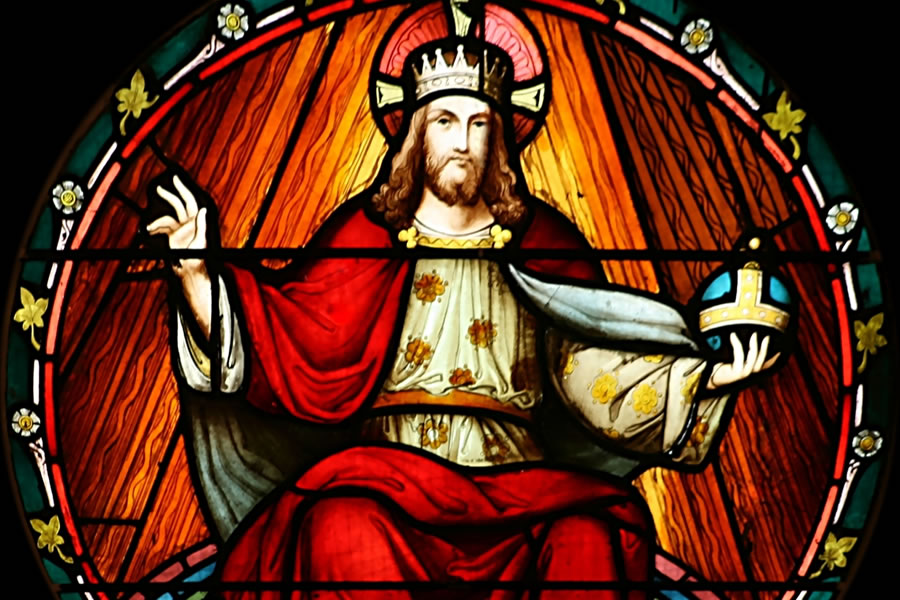
Depend on the Lord
11-17-2019Pastoral ReflectionsRev. Brian F. ManningWe are coming close to the very end of the Church year; it is next Sunday that we celebrate the Feast of the Lord Jesus, King of the Universe. This large and loud outpouring of praise and glory to our Savior is a fitting end to the liturgical year of our church. We conclude the telling of the story of Jesus Christ for this past year and we get set this coming week to begin telling his and our story again the following Sunday, the First Sunday in Advent. We must remember that, although we do not always recognize it, each one of us is a different person from who we were 52 weeks ago. When we end the story of Jesus this year, it is different for us from one year ago. When we start the story again, we will and should hear it differently from how we did one year ago. Sickness, health, graduation, success, failure, struggle, new relationships, broken relationships and all sorts of events and happenings have been in our lives. All of these change us in obvious and perhaps subtle ways. Thus, each year when we listen to the Gospel story of Jesus, we should hear it differently. But our greater task now is to ask about the Gospel of this weekend and its possible meaning for us.
The anonymous author Malachi (Malachi means in Hebrew “my messenger”) expresses God’s dismay with the Jews of his time with their weak religious worship. They had just returned from the Babylonian Exile. The reading, however, looks to the time when the people may expect the advent of their god as a healing, warming bright sun of justice in their lives. Interestingly, in our second reading Saint Paul writes we should not be hanging around waiting for this all to happen. Remember that the early Christians believed that the Son of Man would come very soon after the Resurrection and Ascension in glory. Saint Paul tells them to not sit around and wait, but quietly and faithfully engage in the work of Jesus
The reading today from Luke’s Gospel also deals with the problem of the end times and the present moments in people’s lives. Luke’s community also anticipated the imminent return of Christ. Recall that the Gospel of Luke came 30 years after St. Paul wrote to the Thessalonians. Because Luke is written so late, his Gospel has a more reflective understanding of the end times, unlike Matthew or Mark. His story has Jesus speaking in the temple, not out on the road. Luke does not tie together the destruction of the Temple in 70 A.D. and the end times. To Luke, this destruction is a simple tragedy in life, not a prophetic sign.
In our Gospel story we read today, the apostles speak of the Temple in all its glory, yet Jesus focuses on other concerns. The long description of calamities as told by Jesus certainly can cause fear in anyone’s heart. Jesus, however, also knows that we can bring about our own self-inflicted destruction through war, conflict and famine. Clearly Jesus knows about natural disasters, but note that he does not consider these as signs of the beginning of the end. Jesus tells us that the magnificent and great building of the Temple can also tumble down to ruin. Jesus tells them and us all sorts of disasters can happen. We certainly know it by our instant and constant communication about weather, fires, earthquakes, floods and tidal waves.
Jesus tells us there are bigger and more important matters than these. His disciples will not always find it easy going; scorn, hate and persecution may happen, even from family and friends. He warns them not to worry, that he will help them with what to say. The panic and fear that people have, he suggests, should be replaced with calm dependence on him. There is much truth with this reality. If we have a secure base in Jesus, all things will work out and we need not fear.
BACK TO LIST